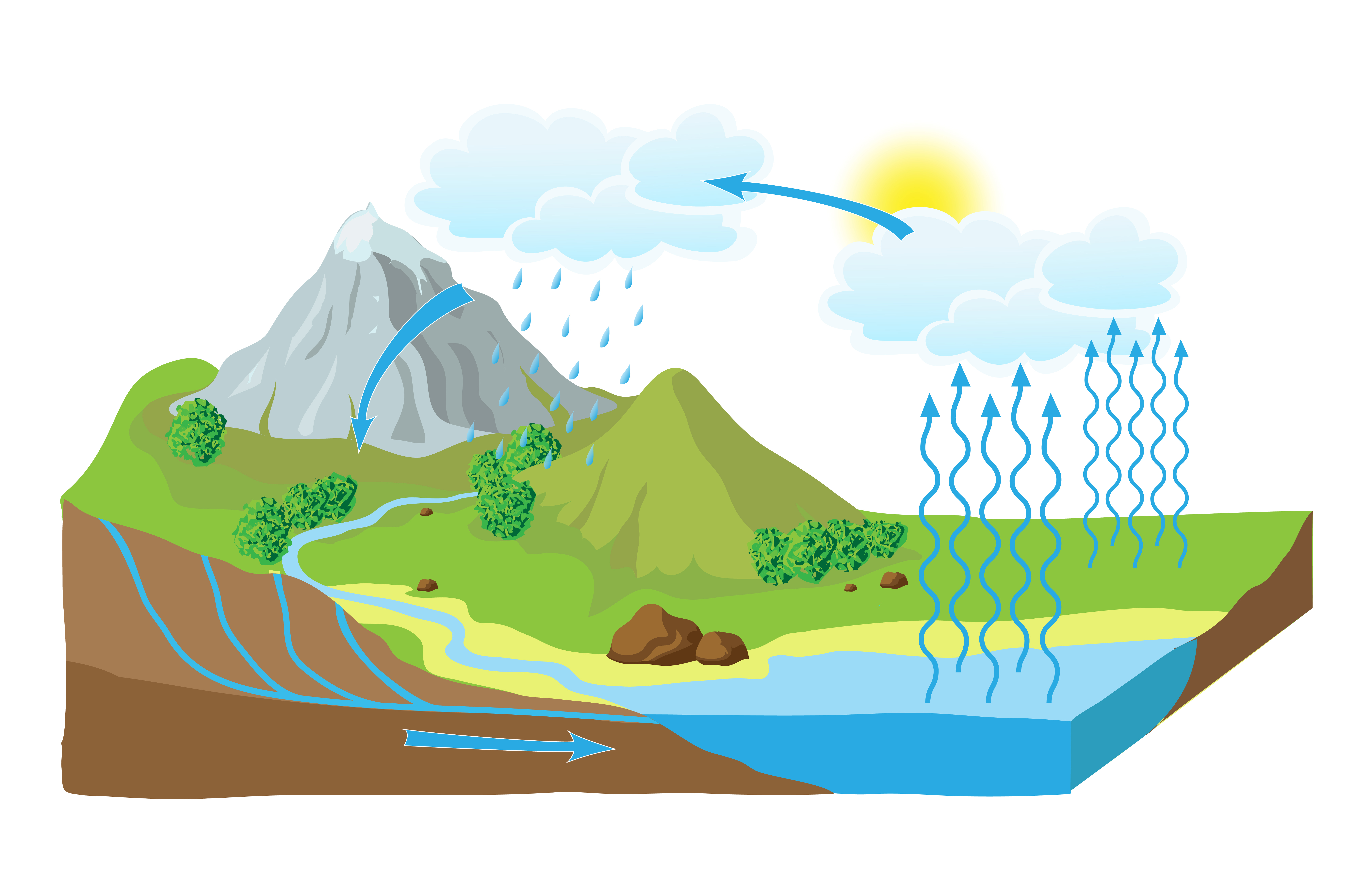Reading practice Easy Worksheets for Ages 3-5
4 filtered results
-
From - To
Introducing "Reading Practice Easy Worksheets for Ages 3-5" – an engaging collection of worksheets designed to nurture early literacy skills. Perfectly crafted for preschoolers, these resources make reading fun and accessible. Each worksheet features vibrant illustrations, simple sentences, and interactive activities that captivate young learners. Through repetition and practice, children enhance their phonics, vocabulary, and comprehension skills. Ideal for both classroom and home use, these worksheets provide a solid foundation for a lifelong love of reading. Start your child's reading journey with our expertly designed materials that combine education with entertainment. Let’s turn every reading session into an exciting adventure!
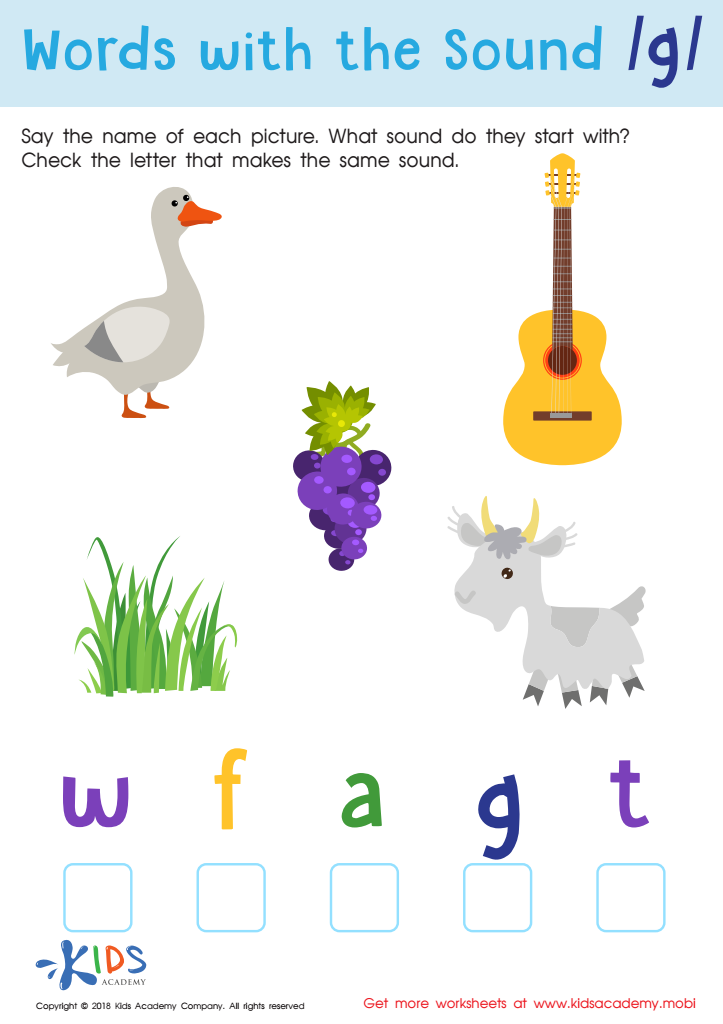

Words with sound g Reading Worksheet
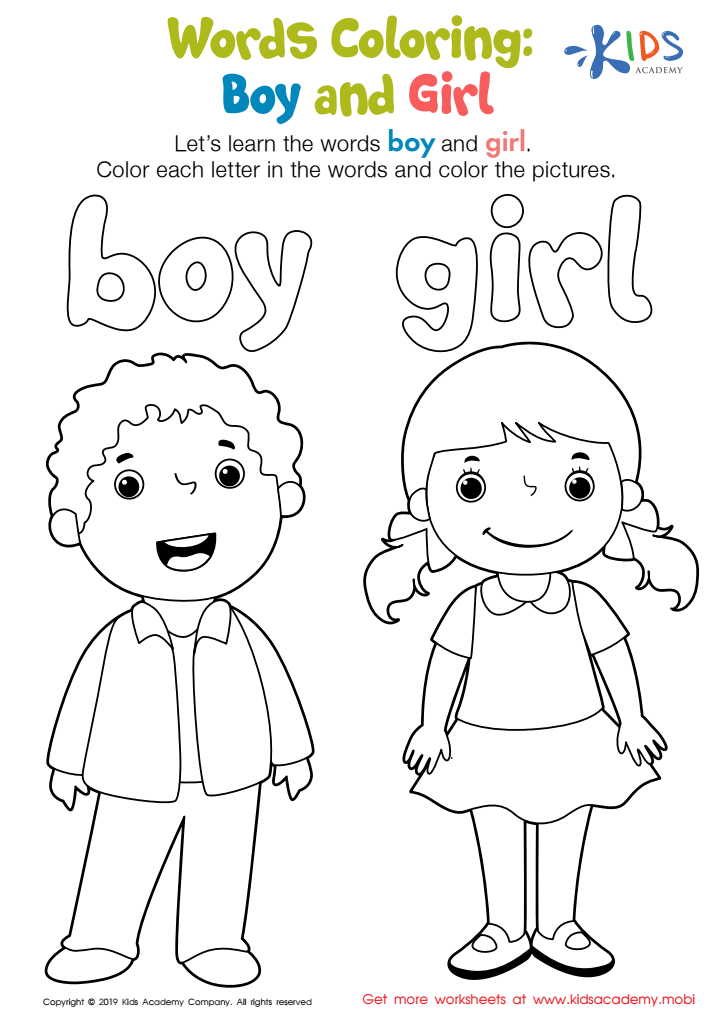

Boy and Girl Words Coloring Worksheet
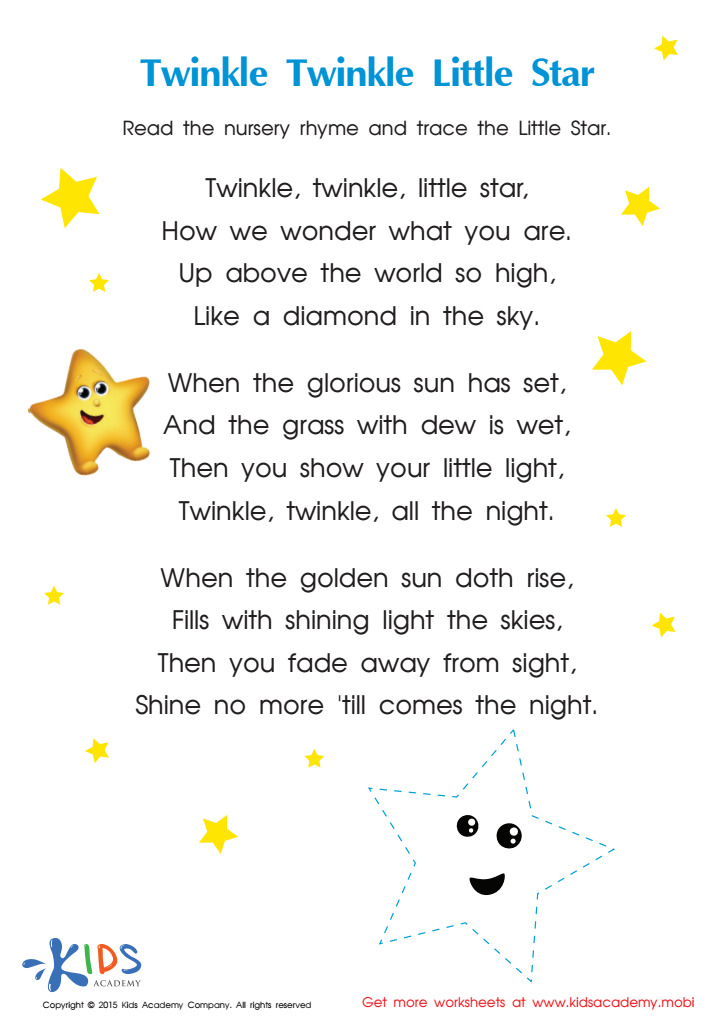

Nursery Rhymes: Twinkle Little Star Worksheet
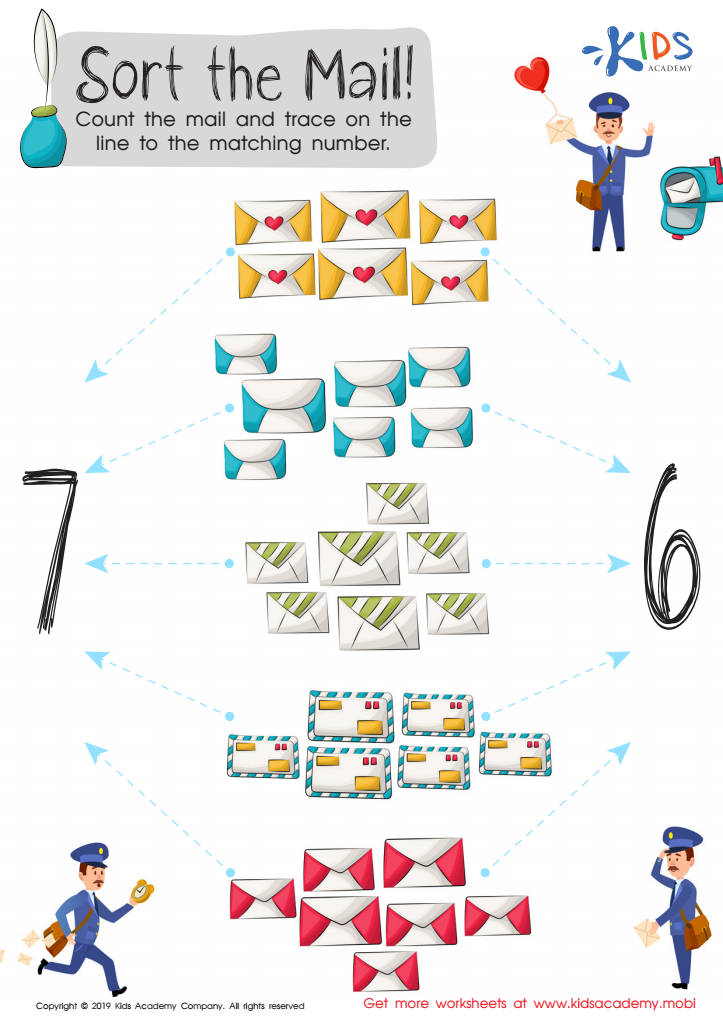

Sort the Mail Worksheet
Reading practice for children aged 3-5 is incredibly important because these early years are foundational for developing essential literacy skills. At this age, children’s brains are like sponges, highly receptive to new information. Engaging with books helps stimulate language development, expanding their vocabulary and understanding of sentence structure. This early exposure to reading often correlates with smoother transitions to formal schooling and better academic outcomes overall.
Moreover, reading practice nurtures a child’s imagination and curiosity, allowing them to explore new worlds and concepts in a safe and enjoyable manner. It can also enhance their cognitive skills like listening, concentration, and memory. Introducing reading in a fun and easy manner helps build a positive association with books and learning, setting the stage for a lifelong habit.
Social-emotionally, reading together strengthens the parent-child or teacher-student bond, offering moments of closeness and emotional security. It supports social skills by exposing children to diverse characters and scenarios, fostering empathy and understanding.
By prioritizing easy reading practice, parents and teachers are investing in the child's overall development, ensuring they have the skills they need for educational success and personal growth later in life. The benefits are substantial and far-reaching, making it a crucial element of early childhood education.
 Assign to My Students
Assign to My Students





